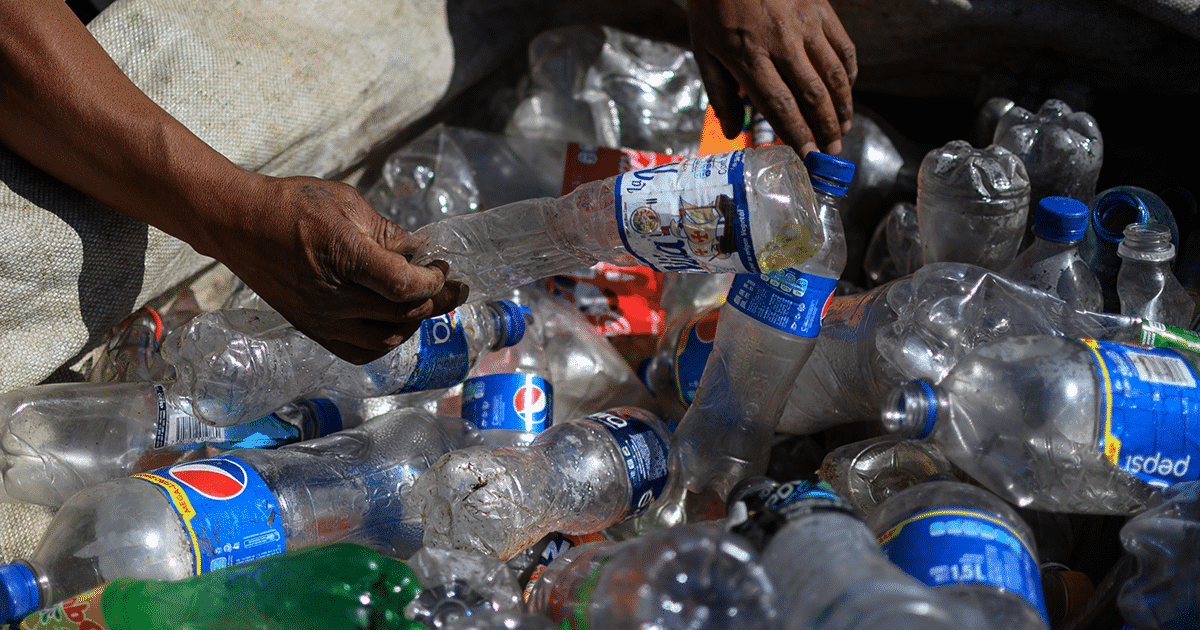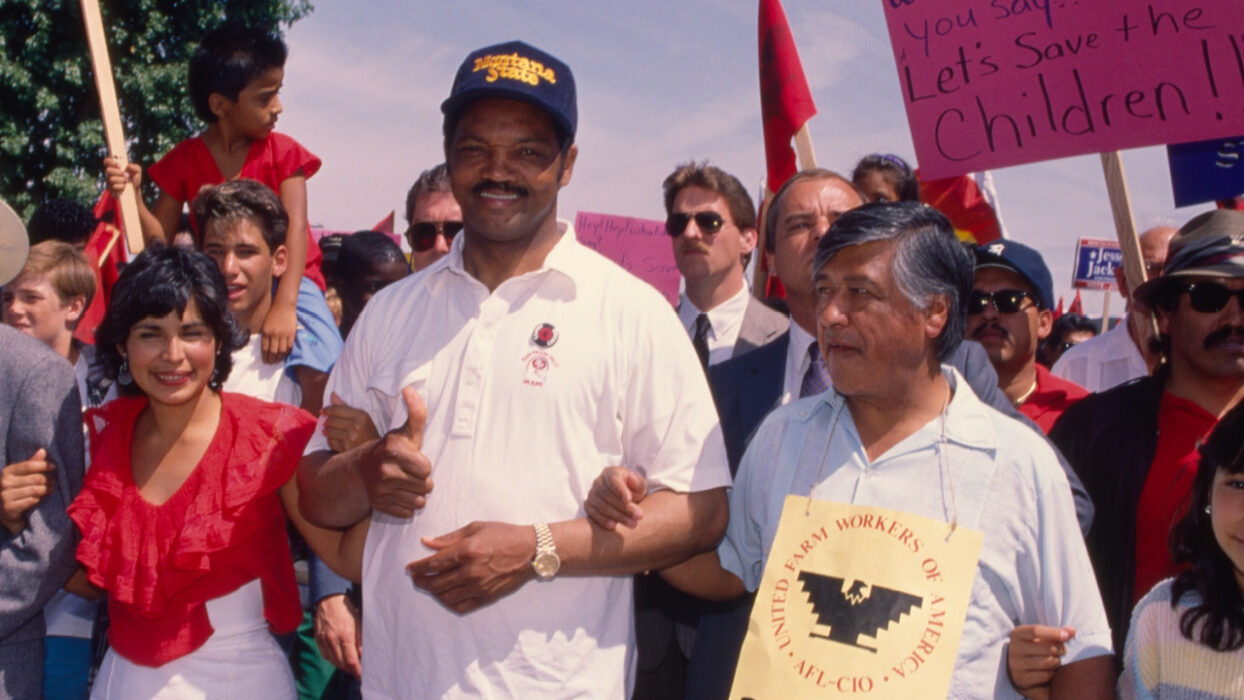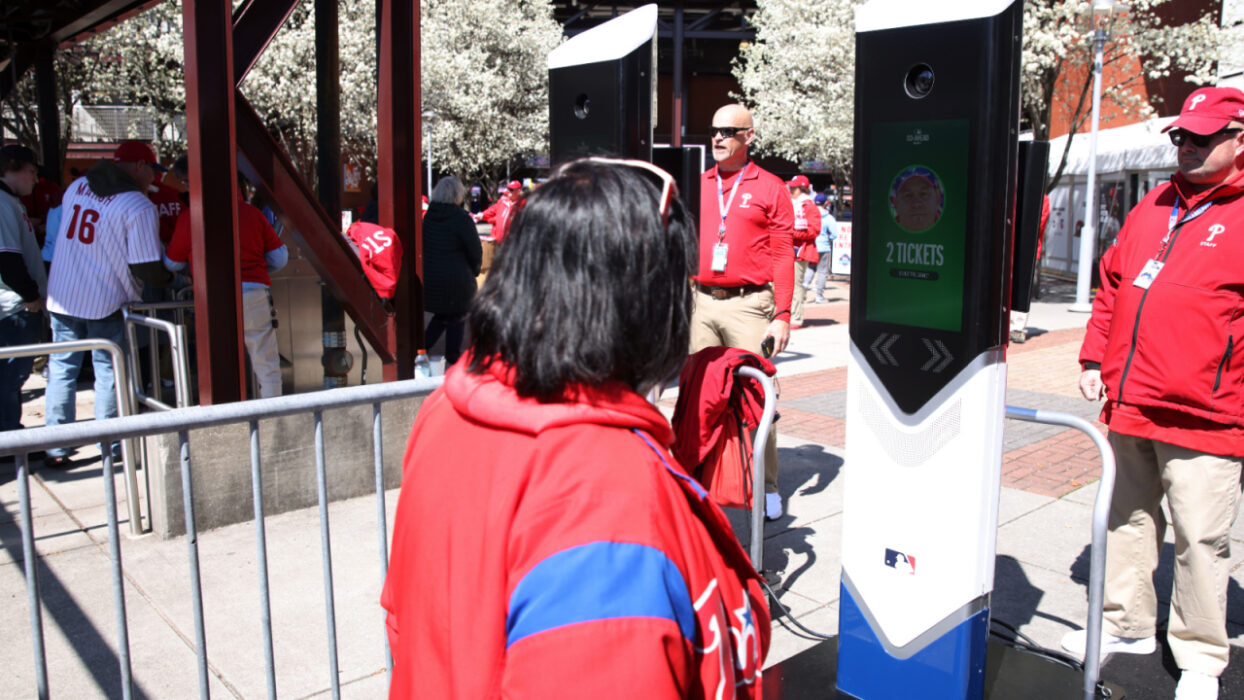
Mexico Becomes The World’s First Country With A Highway Paved From Recycled Plastics
[wam_bridtv playerid=”16811″ videoid=”524110″ width=”1100″ height=”618″]
One of the biggest assets of the great and complex country known as Mexico is the creative and even ludic way in which people reuse materials. This is done on an everyday basis. You just have to go to a traditional mercado to see, for example, Barbie doll dresses made with scraps from old clothes. Need a swing for the backyard? No worries, that used tire will do!
But sometimes this sort of creativity extends to public works that set a good example that other governments can follow.
Introducing the world’s very first eco-highway! Recycled plastic on the road!
The state of Guanajuato in central Mexico is home to the first-ever highway paved with recycled materials. The effort is modest at the moment and involved a 4 kilometer stretch that required 1.7 tons of plastic. The stretch communicates the municipalities of Irapuato and Cuerámaro. If we don’t continue to implement solutions like these, the only highway that we will be paving as humanity is a highway to climate hell!
The number of plastic packages required to accumulate 1.7 tons will surprise you!
According to Dow Plastics Technology Mexico, the 1.7 tons of eco-pavement equal up to 425,000 plastic packaging units. The development of the highway plastic was a private affair that involved the companies Dow, Vise, Surfax, Lasfalto and Omnigreen, and its use in the highway was championed by the federal body Communications and Transportation Secretariat (SCT). Regardless of the politics that are surely involved in the project (governments loooove to take credit for this sort of initiatives and present themselves as super eco-friendly), this project sets a great precedent.
And the new recycled material is much more durable too!
Through a press release, Dow praised the durability of the new eco-material, which could become the standard in the years to come: “This new technology not only offers a possible solution to the management of plastic waste, it also theoretically prolongs the life span of highways by 50% compared to conventional asphalt. The advantage of using recycled plastic products is that they can be used on all types of highways, not only in high-performance products, which can extend the life span of any paved road”.
It is important to note that the world at large is facing a crisis when it comes to the management of recycling materials. Many developed countries such as Australia and New Zealand traditionally send their plastics to China to be recycled. However, China is no longer accepting them and a lot of plastic is either being stored (a costly and not very useful solution) or, worse, it ends up in landfill. This was a pilot study, but it will surely at least trigger the curiosity of other governments and companies. And remember: they both love good PR, and what could be better PR than being eco-friendly in these times of true environmental distress?
Mexicans have done some other pretty cool eco-friendly things with roads!
If you have been to Mexico City chances are that you have been stuck in traffic. If the traffic lasts for more than, say, 45 minutes, chances are then that you are in the infamous Periferico. This artery, which connects the city’s Sur y Norte, was so busy that the government decided to build a second floor on top of it. This was a very controversial project then championed by now president AMLO.
A new project, Via Verde, is creating vertical gardens on the pillars that support “El Segundo Piso”. This is intended not only to provide a pretty view for tired drivers, but also to alleviate some of the air pollution caused by the thousands of cars that cross “El Peri” every day in what is perhaps one of the world’s busiest commutes. We only hope that CDMX becomes a truly green megalopolis…
And don’t forget the nopal leather made by a duo of Mexican superstars!
A few days ago this wonderful invention made its rounds on the media: Adrian Lopez and Marte Cazarez, two Mexican inventors, have created an alternative to plastic faux leather by using nopal, a cactus variety that is as delicious to eat as it is durable when used as a material. If this vegan and eco-friendly is commercialized on a large scale it will not only provide more fashion alternatives to vegans, but it will also have an impact on the cattle industry, which is one of the main culprits of climate change. The material is also much more breathable than plastic faux leather… seriously, that things makes you sweat like there is no tomorrow!




